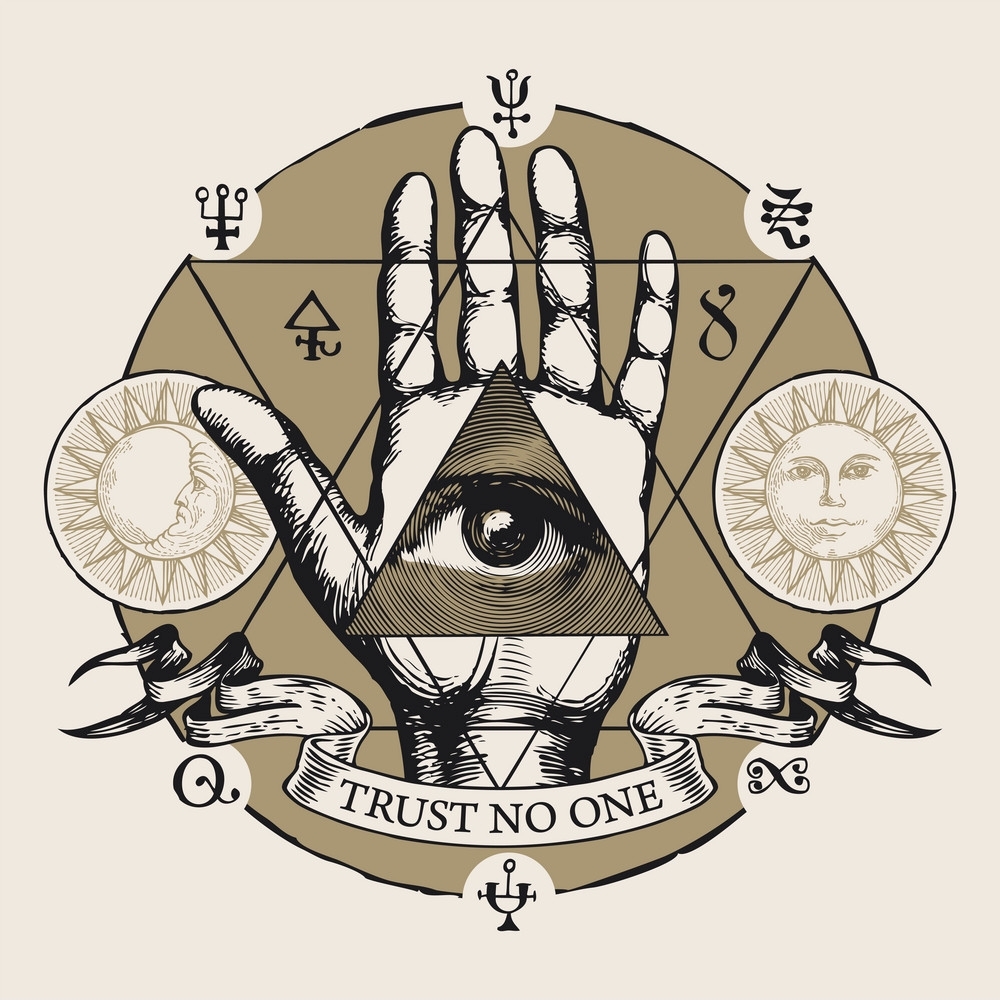The Japanese legend of the Namahage (生剥) refers to demon-like creatures with the appearance of ogres. During the (Western-dated) New Years, men of the Oga Peninsula area of the Akita Prefecture in northern Honshū, Japan dress as the Namahage to admonish children who have been lazy or disobedient.
The men arm themselves with wooden or paper mache deba knives, or a hand-pail made of wood (called a teoke, 手桶) and march in groups of three from house to house, shouting phrases like “Are there any crybabies around?” (泣く子はいねがぁ nakugo wa inēgā?) or “Are naughty kids around?” (悪い子はいねえか waruigo wa inēka?) Traditional Namahage would chant “Blisters peeled yet?” (なもみコ剝げたかよ namomi ko hagetaka yo), referring to the rashes one develops when they spend hours sitting idly beside a hearth.
Parents of complacent children may pay Namahage actors to visit their children and impart specific lessons to them. Regardless of whether they’ve been paid off beforehand or not, Namahage can expect to receive moshi (or rice cakes) from the average household, and a formal dinner with sake from newly-weds.
The Namahage practice appears in other areas of Japan, including:
* Yamahage in the former Yūwa, Akita, now part of Akita, Akita
* Nagomehagi(ja) (ナゴメハギ) of Noshiro, Akita
* Amahage(ja) (アマハゲ) of Yamagata prefecture
* Amamehagi(ja) (あまめはぎ) of Ishikawa prefecture
* Appossha(ja) (あっぽっしゃ) of Fukui prefecture
* Suneka(ja) (スネカ), Anmo, Nagomi or Nagomihakuri in northern Iwate prefecture
* Amaburakosagi(ja) (あまぶらこさぎ) in Ehime Prefecture (Shikoku)
* Toshidon(ja), parallel practice in Koshikijima Islands, Kagoshima prefecture
* Akamata-Kuromata(ja), a parallel but secretive practice of the Yaeyama Islands, Okinawa
Today, the Namahage are considered oni, the Japanese term for a demon, devil, ogre or troll. They were originally, however, classified as toshigami – deities of the year and the spirits of one’s ancestors.
The Namahage practice bears some resemblence to the Alpine myth of the Krampus.


